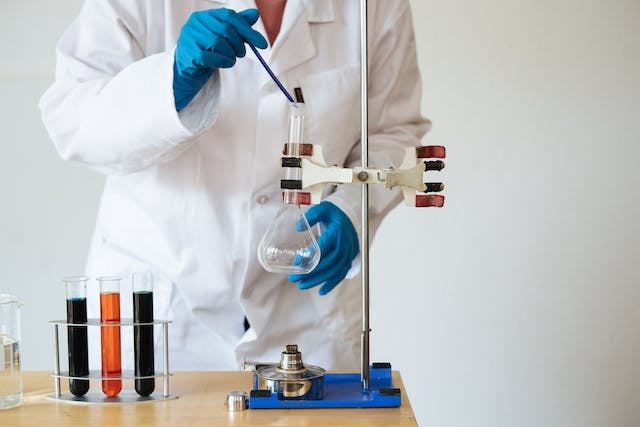Recent research highlights the efficiency of a novel genotyping method in swiftly detecting COVID-19 variants. Termed genotype assay testing, it outpaces traditional whole genome sequencing by almost a week, the current standard for SARS-CoV-2 variant detection. Additionally, this method proves to be more cost-effective, showcasing promising advancements in COVID-19 diagnostics.
‘Genotype assay testing’ faster in identifying COVID-19 variants
Researchers from the University of East Anglia and the UK Health Security Agency highlight the significance of genotyping in swiftly identifying crucial information about COVID-19 variants. This rapid approach empowered frontline health professionals during the pandemic, facilitating effective local control measures such as swift contact tracing, ultimately enhancing pandemic response strategies.
During the onset of the COVID pandemic, whole genome sequencing was the gold standard for identifying virus variants. However, its rapid assessment for large populations faced limitations in terms of cost, capacity, and timeliness, according to Professor Iain Lake, lead researcher at UEA’s School of Environmental Sciences.
In early 2021, the government tested a rapid variant detection technology called ‘genotype assay testing’ in NHS Test and Trace labs. Professor Lake explained that the innovative method, also known as genotyping, enables scientists to examine genetic variants efficiently.
Neil Bray, of the UK Health Security Agency, expresses interest in comparing a new technology to traditional whole genome sequencing. The goal is to assess the technology’s efficacy.
Genotyping more accurate in mapping DNA patterns of SARS-CoV-2
The study compared the accuracy of genotyping and whole genome sequencing in analyzing COVID-19 variants using data from over 115,000 cases. Genotyping, which compares DNA sequences to identify genetic differences, proved highly accurate when compared to whole genome sequencing in mapping the unique DNA patterns of the virus.
Lake explained that genotyping proved to be a faster and more cost-effective method than whole genome sequencing in detecting COVID variants. The increased efficiency allowed testing of nine times more samples, facilitating quicker implementation of local control measures like contact tracing. Therefore, genotyping holds significant potential for guiding global public health decisions in the future for various organisms in humans and animals.


